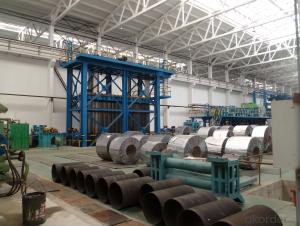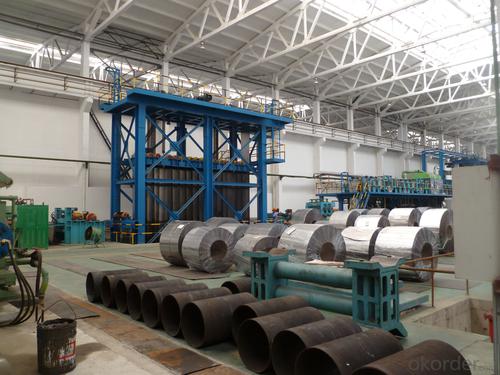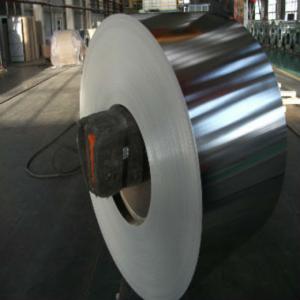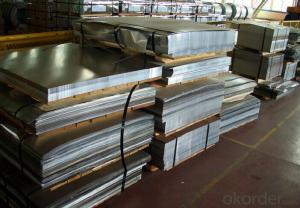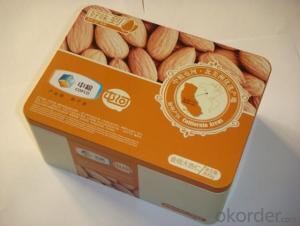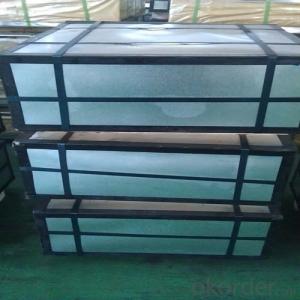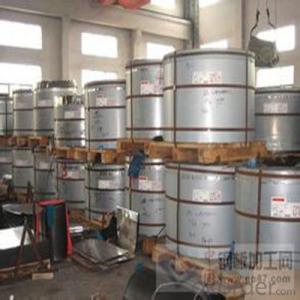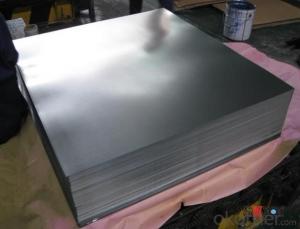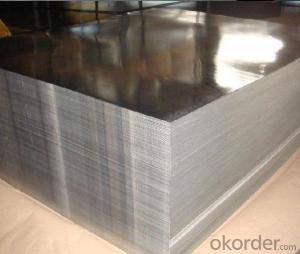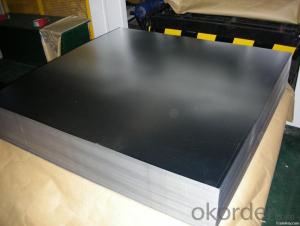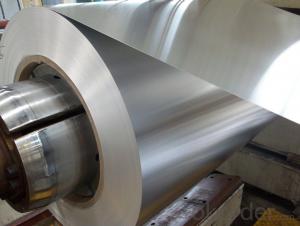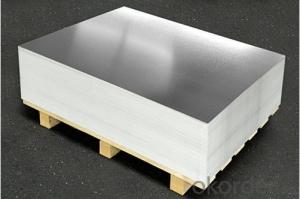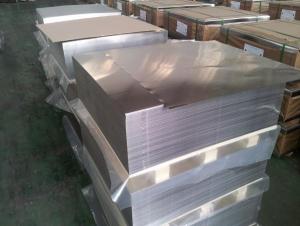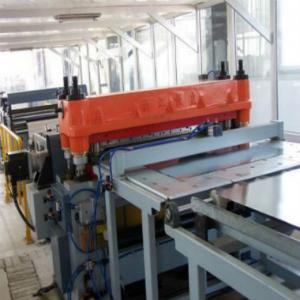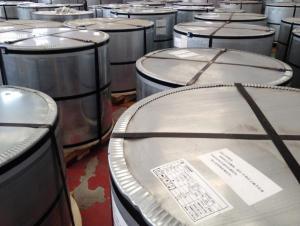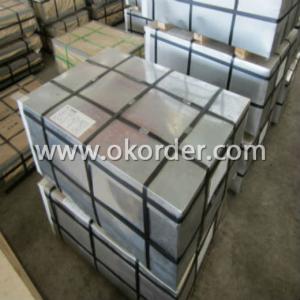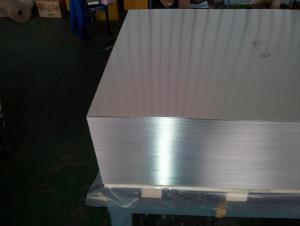Prime Quality Tinplate Sheet for Food Can
- Loading Port:
- Shanghai
- Payment Terms:
- TT OR LC
- Min Order Qty:
- 25 m.t.
- Supply Capability:
- 1000 m.t./month
OKorder Service Pledge
OKorder Financial Service
You Might Also Like
1.Structure of Description
Electrolytic Tinplate Sheets is one of the metal packing materials, which is widely used for making painting cans ,chemical package cans , electrical cable ,battery and metal printing etc.
2. Main Features
Steady and high quality
Fast shipment
Good experience for export work
For the surface, Plate uniform in thickness,uniform and smooth tin coating, without flaws,rusts,scratch,wave,nick of tin coating etc.
Price competitive
3. Images
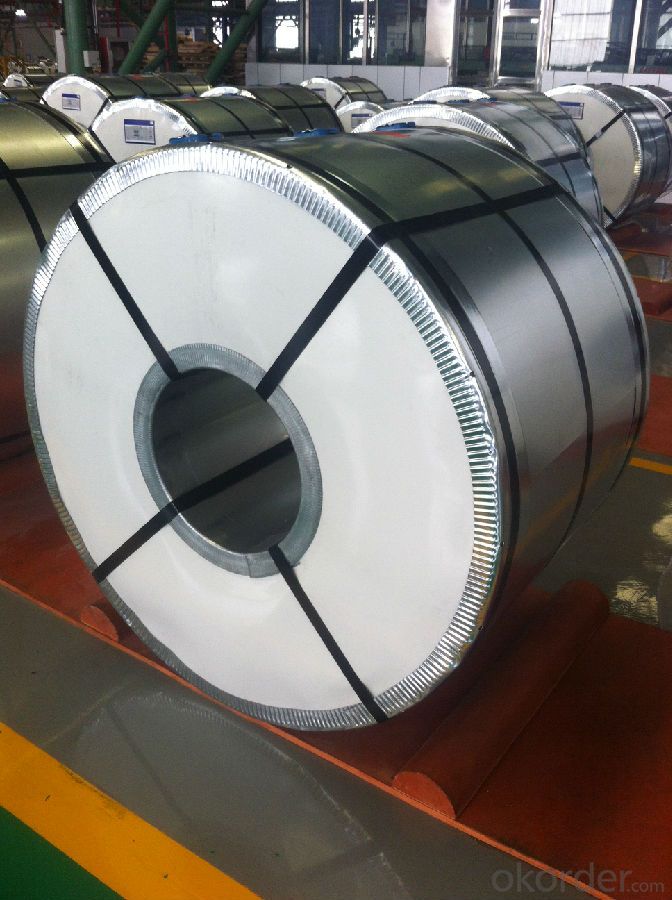
4. Specification
Standard : GB2520-2000 ,JIS G3303
Steel type : SPCC
Coating : 2.8/2.8
Surface: Bright, Stone ,
Thickness:0.31
Width :600MM~1000MM
Temper : T1~T5
Package: tinplate wrapped completely with an inner cover of plastic or waterproof papers with vorners protected with metal angels.
5.FAQ
A. What is the package of tinplate? (Referred as below)
For sheets, thin plastic film + rust-proof paper + metallic cover + metallic angles+ steel band strips + fumigated wooden pallet.
For coil, thin plastic film + rust proof paper + metallic cover + steel band strips + fumigated wooden pallet
B. The surface of tinplate could you supply?
Stone finish, Bright finish, Matte finish, Silver finish
C. What quantity is the minimum order of tinplate?
Usually, the minimum quantity is 25MT. For special case, consult with us.
D. Can it make to be BA or CA for annealing?
Yes, both can do with.
- Q: What is the difference between Maguchi Tetsu tinplate and galvanized board
- Zinc plating on the surface of thin steel plates and steel strips by continuous hot dip plating prevents corrosion of the surface of thin steel plates and steel strips. Galvanized steel sheet and steel strip are widely used in machinery, light industry, construction, transportation, chemical industry, post and telecommunications and other industries.
- Q: How is tinplate recycled?
- Tinplate is recycled through a process known as steel scrap recycling. First, the tinplate is collected and sorted. Then, it undergoes a shredding and melting process to separate the steel from other materials. The melted steel is purified and refined, removing any impurities. Finally, the purified steel is used to produce new tinplate products, completing the recycling cycle.
- Q: Can tinplate be used for solar panel applications?
- Yes, tinplate can be used for solar panel applications. Tinplate is often used as a protective coating for solar panels due to its corrosion resistance and ability to reflect sunlight. It acts as a barrier against moisture and environmental elements, ensuring the durability and longevity of the solar panels. Additionally, tinplate can enhance the overall efficiency of solar panels by reducing heat absorption and improving energy conversion.
- Q: What are the different forms and shapes tinplate can be manufactured into?
- Tinplate can be manufactured into various forms and shapes, such as sheets, coils, strips, or even customized shapes through processes like cutting, bending, or stamping. These forms and shapes make tinplate a versatile material for a wide range of applications in industries like packaging, automotive, electronics, and construction.
- Q: Can tinplate packaging be used for pet food products?
- Yes, tinplate packaging can be used for pet food products. Tinplate is a commonly used material for packaging due to its durability, resistance to corrosion, and ability to maintain the freshness and quality of food products. It provides a secure and protective barrier against external elements, making it suitable for pet food products as well.
- Q: What are the different closure mechanisms for tinplate cans?
- The different closure mechanisms for tinplate cans include: slip cover lids, press-on lids, pull-tab lids, twist-off lids, and peel-off lids.
- Q: How does the coating affect the properties of tinplate?
- The coating on tinplate significantly affects its properties. The coating provides a protective barrier against corrosion, enhancing the tinplate's durability and extending its shelf life. Additionally, the coating can improve the tinplate's resistance to chemical reactions and make it more suitable for food packaging applications. The coating also influences the tinplate's appearance, allowing for various decorative finishes. Overall, the coating plays a crucial role in enhancing the properties and performance of tinplate.
- Q: What are the common safety features for tinplate packaging?
- Common safety features for tinplate packaging include: 1. Tamper-evident seals: These seals are designed to show if a product has been tampered with before opening, ensuring the integrity of the contents. 2. Child-resistant closures: These are mechanisms that require a specific combination of motions or strength to open, preventing young children from accessing potentially harmful substances. 3. Sharp-edge protection: Tinplate packaging is designed to have smooth edges, minimizing the risk of injury during handling and opening. 4. Chemical resistance: Tinplate packaging is often coated with a protective layer to ensure it is resistant to corrosion and chemical reactions, preventing contamination of the product inside. 5. Reclosability: Some tinplate packaging features resealable lids or closures, allowing for multiple uses and maintaining product freshness. 6. UV protection: Tinplate packaging can also be designed to provide UV protection, preventing light-sensitive products from deteriorating due to exposure to sunlight. 7. Stability: Tinplate packaging is typically designed with a sturdy structure, ensuring it can withstand transportation and handling without easily denting or breaking. These safety features aim to protect consumers, prevent accidents, maintain product quality, and comply with regulations in various industries.
- Q: How does tinplate packaging contribute to product protection against odors?
- Tinplate packaging contributes to product protection against odors due to its excellent barrier properties. The tin coating on the steel substrate prevents the penetration of external odors, ensuring that the product inside remains fresh and uncontaminated. Additionally, tinplate packaging provides a hermetic seal, preventing the escape of any odors from the product, thus preserving its quality and integrity.
- Q: What are the safety regulations for using tinplate in food packaging?
- The safety regulations for using tinplate in food packaging typically involve compliance with government standards such as the Food and Drug Administration (FDA) in the United States or the European Food Safety Authority (EFSA) in Europe. These regulations include guidelines on the composition and quality of tinplate coatings, prevention of migration of harmful substances into food, and adherence to good manufacturing practices to ensure the safety of the packaging material.
Send your message to us
Prime Quality Tinplate Sheet for Food Can
- Loading Port:
- Shanghai
- Payment Terms:
- TT OR LC
- Min Order Qty:
- 25 m.t.
- Supply Capability:
- 1000 m.t./month
OKorder Service Pledge
OKorder Financial Service
Similar products
Hot products
Hot Searches
Related keywords
